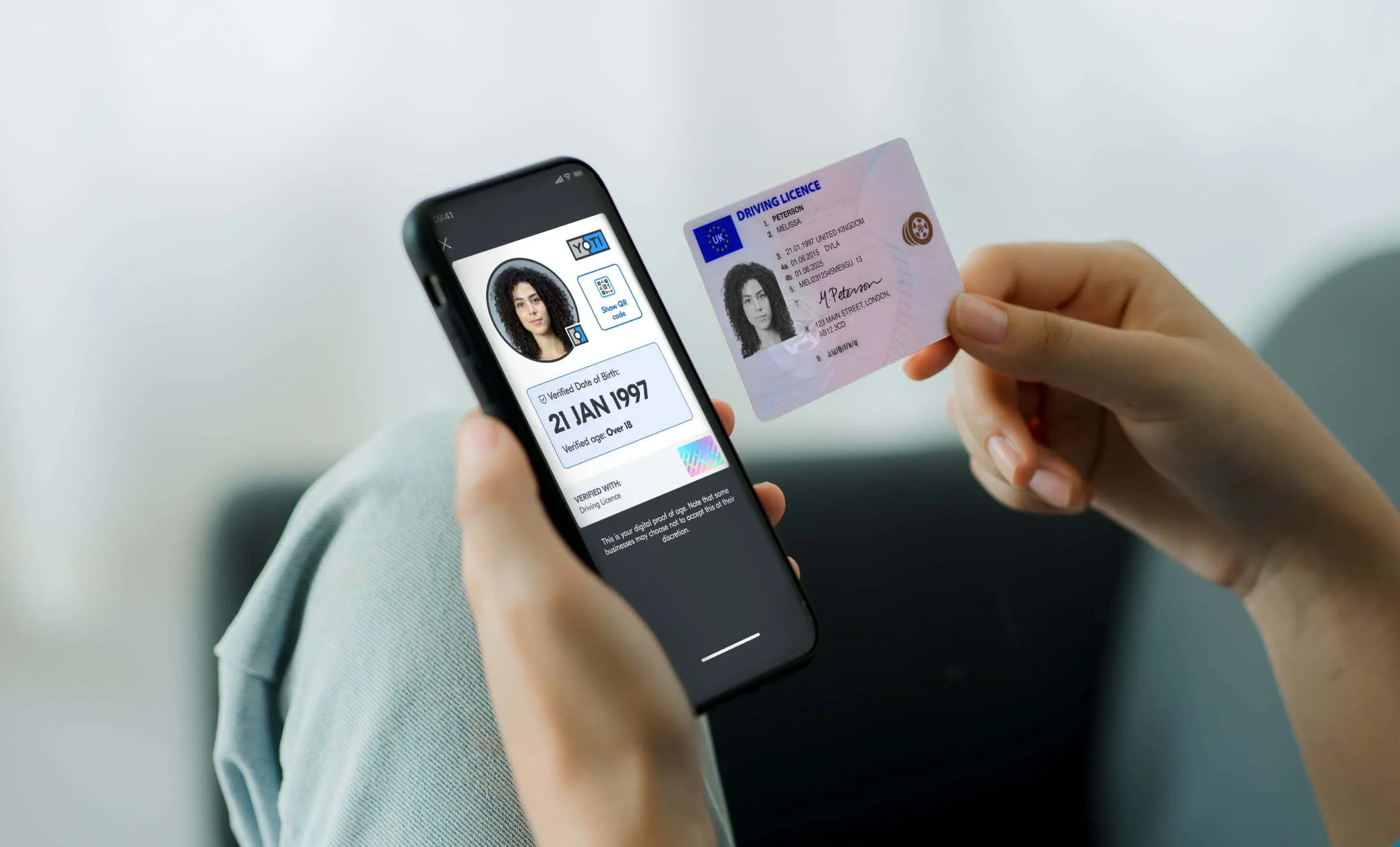We started by noting that digital ID cards aren’t mandatory yet in places like the United States. They are currently an opt-in choice, primarily used for convenience at a few TSA checkpoints or in select banking apps.
However, the question was raised: Will the right to deny a digital ID eventually lead to hardship, where participation in society becomes impossible without one?
The answer, informed by real-world examples, is that this is the primary fear of privacy advocates and a scenario already playing out globally.
The Core Fear: Voluntary Today, Mandatory Tomorrow
The transition from a voluntary system to a de facto requirement occurs not through a sudden law, but through “convenience mandates” that make the non-digital option functionally obsolete.
Imagine a world where:
- Accessing a government service requires 10 minutes with a digital ID, but 4 hours of paperwork and queuing without one.
- High-value transactions at banks are instantly approved via a biometric scan linked to your digital ID, but impossible online without it.
This process is known as digital exclusion, and it creates a two-tiered society where choosing to protect your privacy severely limits your economic and civic participation.
A Cautionary Tale: The Vietnam VNeID Case 🇻🇳
The theoretical fear you raised is already a reality in Vietnam, demonstrating how digital identification can be forcibly linked to essential services:
The Vietnamese government, via its VNeID digital identification platform, began requiring bank customers to link their accounts to a biometrically verified national ID (using facial scans or fingerprints).
- The Mandate: The State Bank of Vietnam (SBV) required this linkage for online transfers above certain low monetary limits.
- The Hardship: When deadlines passed in 2025, the SBV announced the suspension or deactivation of over 86 million bank accounts that failed to comply with the biometric verification.
- The Result: Account holders, especially foreigners and those with inactive accounts, were denied access to their money and could not transact online. Their funds were frozen until they visited a bank branch in person and submitted their biometric data.
This real-world example shows that the ability to transact, manage your money, and participate in the formal economy can be instantly revoked if you are unwilling or unable to comply with a state-mandated digital or biometric ID system.
Protecting Your Choice
The critical takeaway for people in countries where digital ID is still voluntary is that the time to demand strong legal safeguards is now. These safeguards must ensure that non-digital, non-biometric alternatives remain accessible, efficient, and equally accepted for all essential transactions.
Without these protections, the shift from a digital convenience to a digital compulsion is not a question of if, but when.
-
Reclaiming Your Strawman
£2.99 -
The Police Manual -A Comprehensive Guide to Navigating Police Encounters
£0.00 -
Your Cestui Que Vie Trust
£2.99 -
How to not register your child legally
£2.99 -
How To Get A Passport Without Using Your Birth Certificate
£2.99 -
Understanding Your Strawman
£3.99 -
Bailiff Notice of Contract
£0.00








